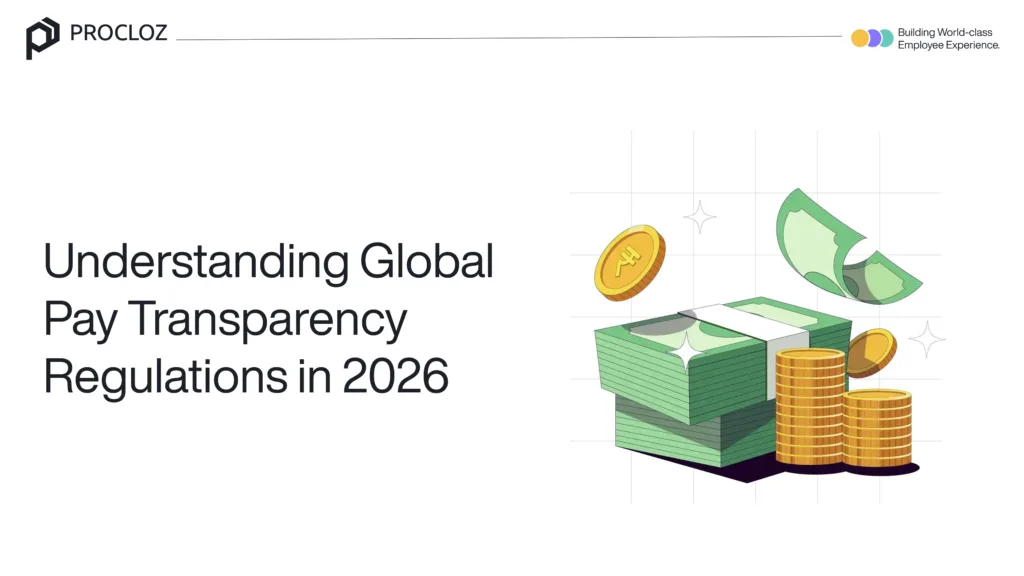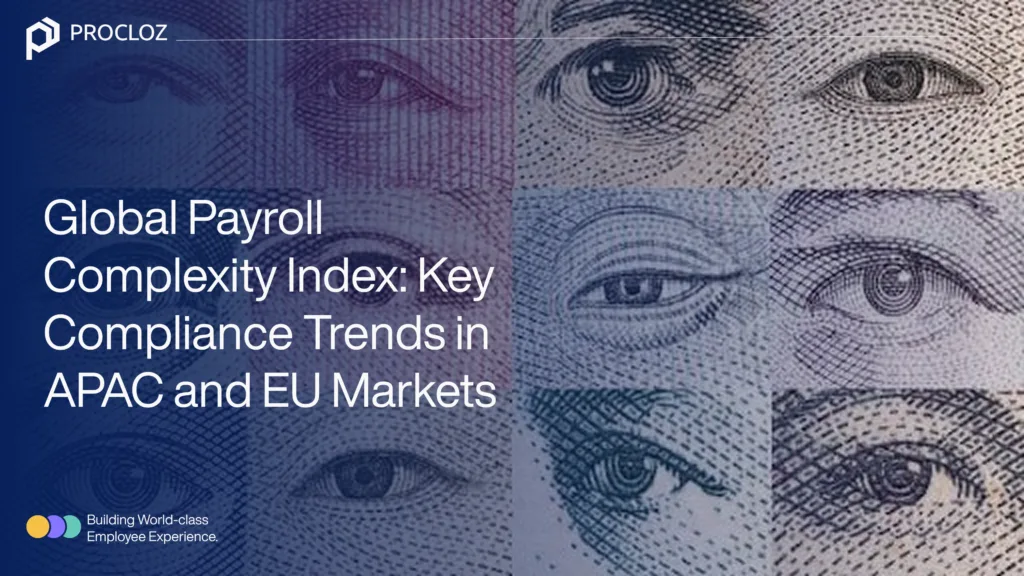If your HR and legal teams have felt busier this year, the feeling is real. A tidal wave of employment law changes, including bargaining rules, the presumption of guilt until proven innocent, and out-of-hours contact, has forced Australian employers to rethink how they structure their operations, pay their staff, and manage risk.
Here’s a hands-on tour of what actually changed, what comes next, and where compliance trips up most companies.
What’s Really Changed with Multi-Employer Bargaining?
Under the Secure Jobs, Better Pay reforms, supported bargaining to enable sector-based agreements where work is similar and bargaining has previously been difficult. Since 6 June 2023, the Supported Bargaining Applications and variations have been accepted by the Fair Work Commission. Over 2024–2025, this route was still utilized in care, education, and services where coordination is critical.
For employers, that means the bargaining employment law changes are no longer theoretical but rather have a real-world impact in terms of consultation, scope, and timing.
How Do Gig-Economy Reforms Affect “Employee-Like” Workers?
The Closing Loopholes package enabled FWC to establish minimum standards for employee-like platform workers and introduced new protections against unfair deactivation/termination.
If you rely on rideshare, delivery, and other platform work, consider this serious employment law, with measurable outcomes and emerging codes.
What Does “Right to Disconnect” Mean in Practice?
Starting from 26 August 2024, the derivative of the right to disconnect was also introduced for non-small businesses, and from 26 August 2025, it became applicable to all small businesses. Workers also have the right to decline impractical, excessive out-of-work communication from bosses or agents.
Your policies, manager training, and even roster design need to account for this, or you’ll find yourselves in disputes and enforcement trouble. These are some of the most high-profile employment law changes this year.
Are Pay-Equity and Reporting Rules Expanding?
Yes. WGEA (the Workplace Gender Equality Agency) currently publishes on its website employer gender pay gaps for employers with 100 or more employees is rolling out target-setting requirements for larger employers.
Boards must anticipate a continued focus on pay structures, promotion pipelines, and bonus outcomes. This is an ongoing vector of employment law changes that affects brand and talent.
What’s New for Casuals and the Pathway to Permanent?
From 26 Aug 2024, Australia implemented a new definition of casual employment and introduced an employee-choice model to allow eligible casuals to convert to permanent status (with safe harbors for small businesses and reasonable business grounds tests).
In Aug 2025, FWO announced the start date, bringing small business employees and the right to disconnect. These employment law changes have conversion workflows and documentation under scrutiny.
Do “Tech Mandates” Really Exist for Time & Attendance?
There is not one statute that covers all employers and tells them they have to use this specific software. Record-keeping is mandatory, however, and many modern awards (particularly annualized salary arrangements) will mandate start/finish time and break records, which are also usually a condition of some form signed off (or acknowledged electronically) each pay period.
In reality, digitalizing time tracking and calculating awards automatically are seen as the only
Real-World Examples (What Regulators Expect)
Right to Disconnect in practice: FW0 guidance anticipates employers will need to consider all that is reasonable and have discussions/policies in place, small business commencement Aug 2025.
Annualized salary audits: How would you calculate annualized salaries under Awards like Banking & Finance without a robust system of time records to cross-check against, and the issue of underpayment and penalties grows.
Transparency on gender pay gap: WGEA’s public reporting in 2024–25 (from an internal KPI to a reputational metric) enabled board-level scrutiny of structures and budgets.
What Should Employers Do Before Year-End?
Priority checklist for December 2025
- Update rules on the right to disconnect, and train managers in ‘reasonable’ tests.
- Map casuals and upload an employee-choice pathway response (eligibility, templates, response timeframes).
- Check time records, particularly when the Salary is annualized by digital capture and through regular reconciliations.
- Develop pay-equity story narratives and remediation action plans in preparation for WGEA reporting cycles.
Where Payroll Fits Into These Employment Law Changes
Accurate payroll is the compliance control room: without it, you’ll never understand award interpretation, conversion entitlements, and public reporting.
A growing number of businesses are making the switch to an integrated payroll solution in Australia, which automates their award calculations, or are using managed payroll services and operating their Australian payroll governance in-house with ease. (Pick the operating model that best fits your risk tolerance and scale.)
How Procloz Helps (And Why That Matters Now)
These employment law changes don’t just involve the addition of new legal requirements; they fundamentally reconfigure day-to-day practice. Procloz unites Compliance Expertise and Automation to assist you:
- Go digital with award-aware calculations and audit trails on time and attendance.
- Implement casual-to-permanent pathways (monitor eligibility and record responses).
- Develop pay-equity reporting packs in compliance with WGEA requirements.
- Customize your roster and after-hours settings to reflect your right-to-disconnect policy.
If you’re aiming for fewer surprises and stronger assurance, Procloz turns a changing rulebook into predictable execution, so your team can move fast without breaking compliance.




